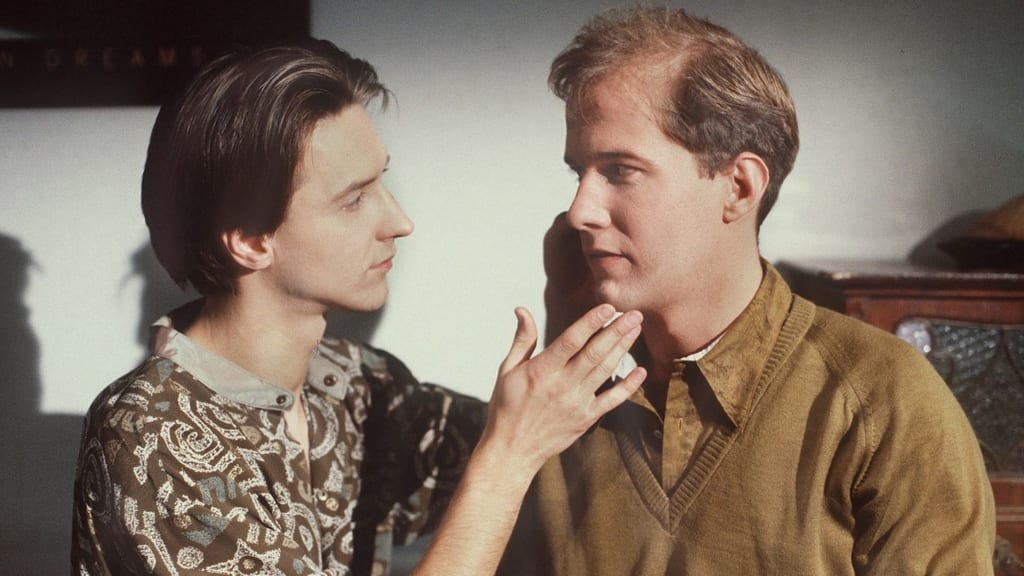Bye-bye, Lindenstraße! How a TV series revolutionised the scene

So now the time has come: The last episode of Lindenstraße was broadcast. Millions of fans were eagerly awaiting the finale, but still wished that it had been filmed decades later.
No question: Lindenstraße was and is cult. Not least because it dealt with topics that the rest of the TV landscape often shied away from.
In the 1990s, for example, the television programme (or rather: its viewers) was "shaken" by the homosexual love of Carsten Flöter. What for the Gay scene represented a real liberation and a departure from the taboo zone, was not yet understood by many viewers at the time. Questions like "How can it be permissible for two men to kiss in front of the camera?" seemed omnipresent at the time and were taken up in the series by Else Kling, among others.
But even (or perhaps precisely because?) Lindenstraße has always been a series in which modern, contemporary themes played an important role, Georg Uecker also developed into one of Germany's best-known gay men of the time in the role of Carsten Flöter.
Lindenstraße and the LGBTQ scene
No question: a gay protagonist shocks very few people today. Even though there is certainly still a lot to be done with regard to the rights of gays (and lesbians) within society, a lot has changed over the course of time.
However, a look at the scripts of the last few years showed that Lindenstraße never stopped looking where the philistinism turned away. Until the end, not only homosexuality but also transsexuality played an important role.
It almost seemed at times as if actors and scriptwriters didn't feel like dealing with annoying petty slogans on Facebook. Instead, it was about standing up for an important message. To make a statement.
Accordingly, the question arises as to who will replace Lindenstraße in the future? Who is to take over LGBTQ Flagship of the Scene by raising such "uncomfortable" issues for the rest of the world?
GZSZ, Alles was zählt, Berlin Tag & Nacht and Co.
... they have all been part of the current TV programme for more or less time. But: something fundamental distinguishes them - according to many Lindenstraße fans - from the "mother of all series". Lindenstraße began comparatively early to draw attention to topics such as gays, queers and co.
She ran the risk of causing a stir and losing a large part of her audience. After all, in the 1980s and 1990s it was definitely not yet "en vouge" to specifically address gayness... and even to show it.
Sure: there are always plots about homosexuality on GZSZ and AWZ, too. Which GZSZ fan wouldn't remember Anni, who was madly in love with her Jasmin? And yet: Lindenstraße seemed different. More socially critical. And thus certainly a little ahead of its time.
Goodbye Lindenstraße... and thank you!
Regardless of whether you're a series fan or not, and regardless of how much fun it can be to follow a storyline over several decades - one thing is certain: in its role as an enlightening medium (in the truest sense of the word), Lindenstraße has sometimes achieved groundbreaking things - and has certainly spoken from the heart of many gays.
This might also interest you: LGBT series
Keine Kommentare vorhanden